

Recovery from persistent pain usually requires multiple perspectives.
That’s why we work with you as an interdisciplinary team, rather than individual providers working separately. Our practitioners meet regularly to share insights and coordinate care. This ensures consistent, well-coordinated treatment focused on shared goals.

How Our Treatment Team Works Together
Treatment is tailored to what is most likely to help you. Depending on your situation, your plan may include two or more of these practitioners. Each plays a role to help you better understand your pain, improve your function, and build confidence:
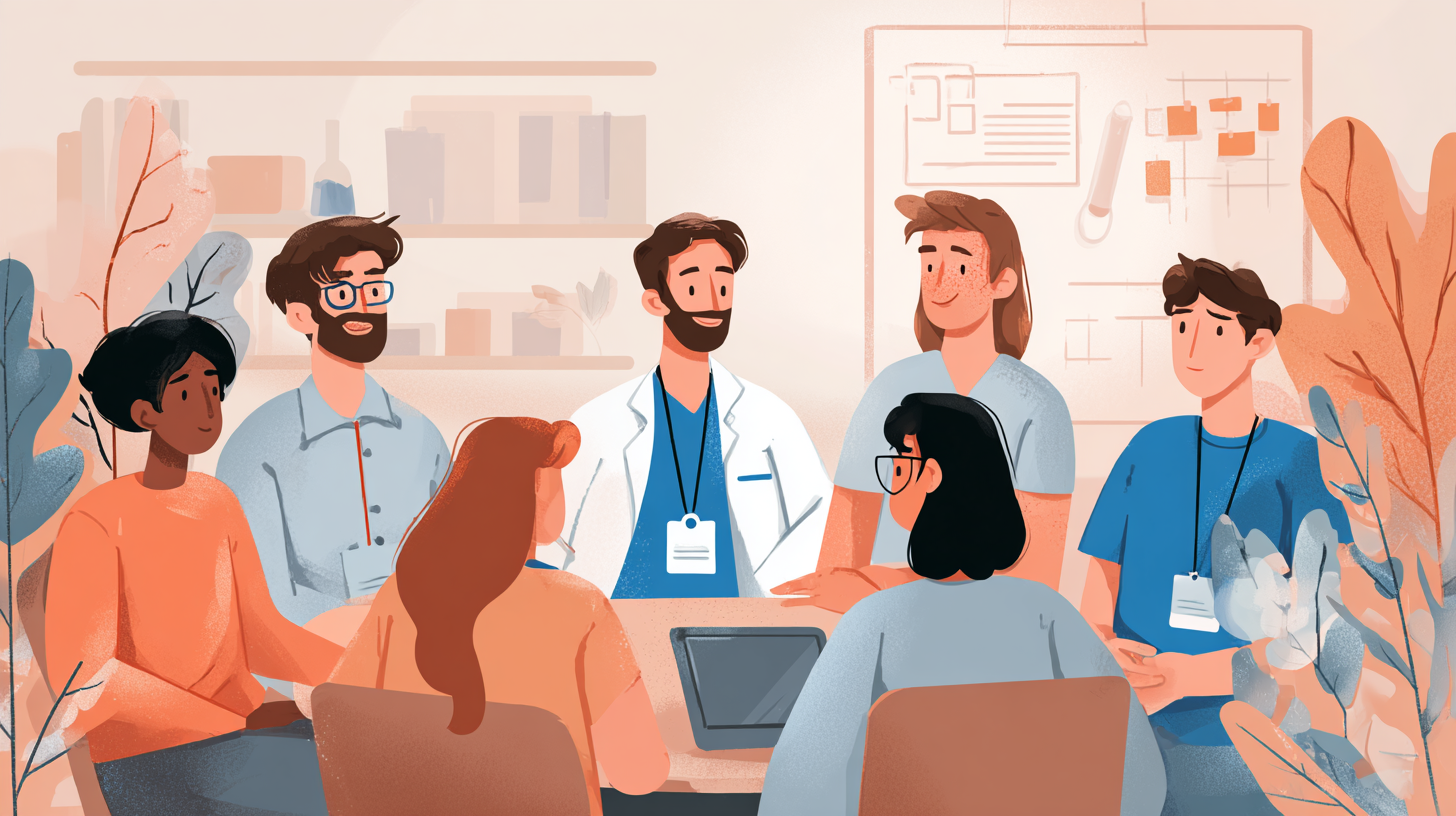
Pain Doctors
They assess your condition, guide your treatment plan, and provide medical expertise on diagnosis, medications, and recovery options.
Find Out More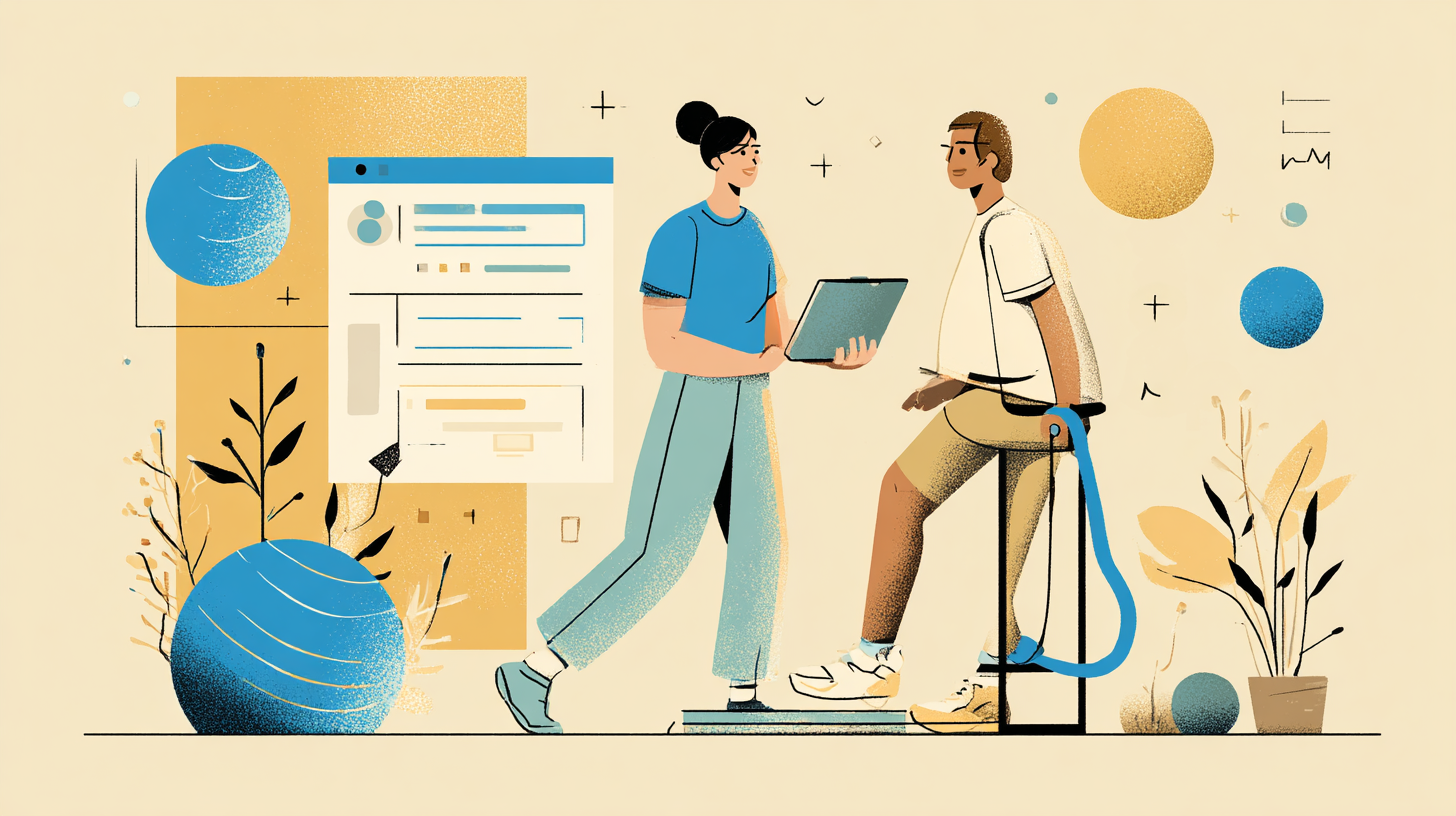
Pain Physiotherapists
They help you safely rebuild strength, movement, and confidence through graded, targeted exercises.
Find Out More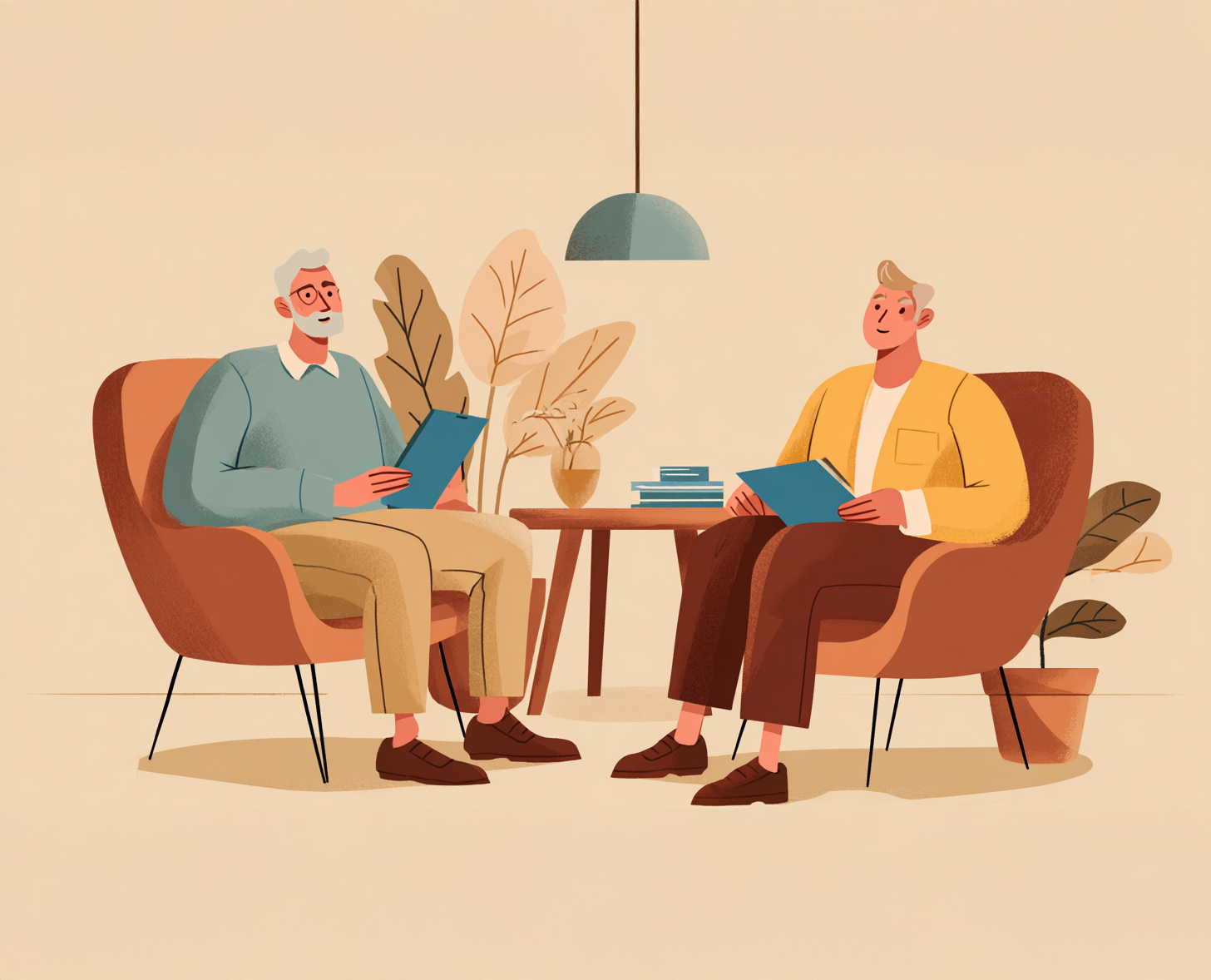
Pain Psychologists
They support your emotional wellbeing, help you understand how thoughts and feelings influence pain, and teach strategies to manage both.
Find Out More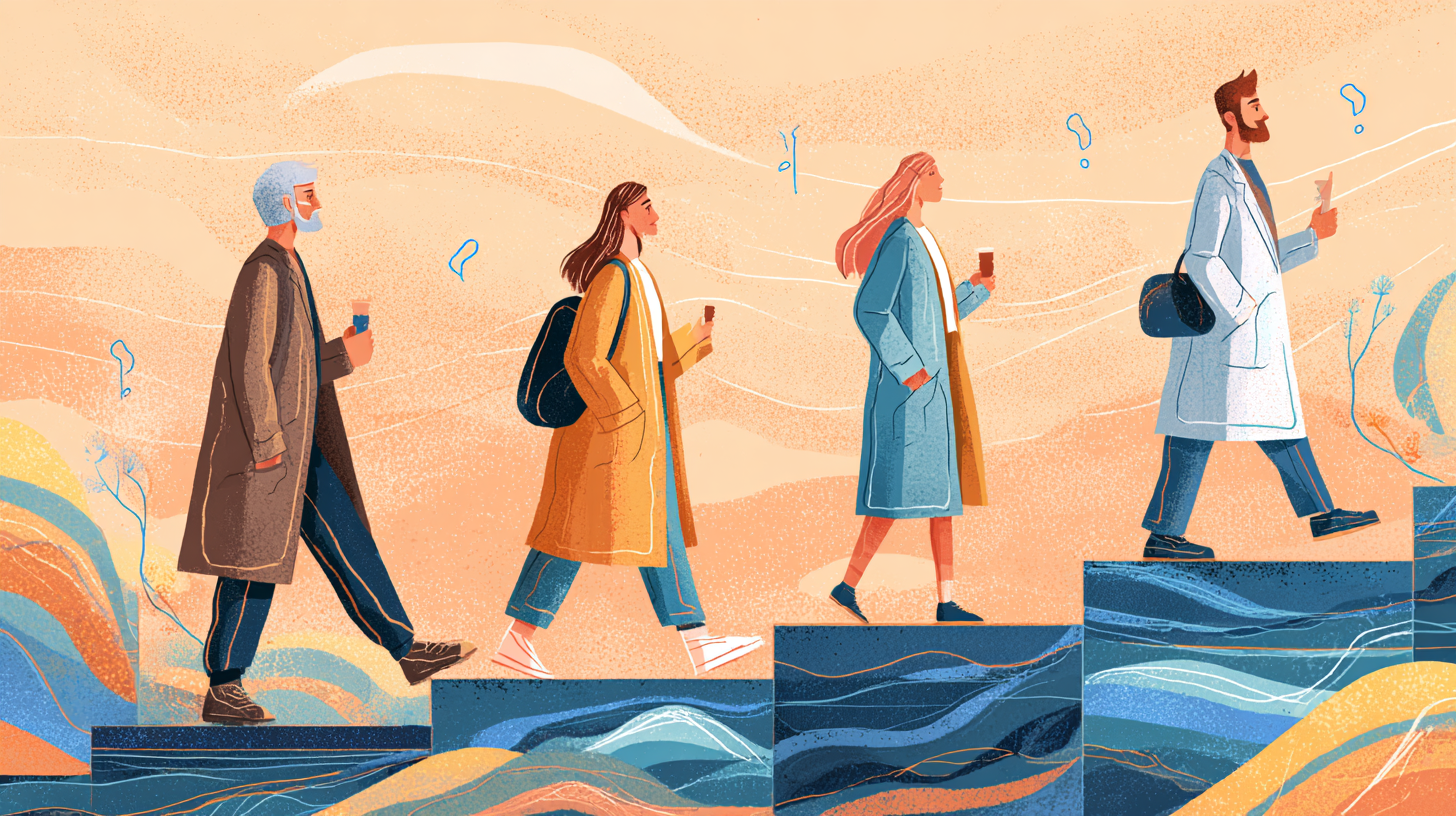
Pain Occupational Therapists
They work with you to improve your ability to do the activities that matter most—in your home, workplace, and daily life.
Find Out MoreTwo Main Pathways To Recovery
We focus on two main pathways to help you move forward:
1. Graded Exposure to Movement and Activity
Your body needs to relearn that movement is safe. Avoidance of activities may seem to be a way to prevent pain, but withdrawing from movement or exercise leads to worse outcomes.
We help you identify an activity and exercise baseline—the level of activity you can do without triggering a pain flare. Then we encourage a gentle gradual increase— typically 5–10% at a time. This increase might seem small, but it's enough to help you relearn that activity doesn't always mean danger. Over time, your body starts to trust movement again, and the protective responses gradually ease.
It is important to know: no one can “talk” you out of protection. You need to show yourself that activity is safe, through carefully paced action.
2. Managing Contextual Factors (DIMs and SIMs)
We address personal and environmental factors (Contextual factors) identified in the assessment. Contextual factors can be helpful or unhelpful to you:
- Things that increase threat and stress—like conflict, fear, isolation, or uncertainty. Sometimes called DIMs (Danger In Me’s)
- Things that increase safety and confidence—like support, understanding, movement, and purpose. Sometimes called SIMs (Safety In Me’s)
We work to reduce your DIMs, increase your SIMs, and rebuild your sense of safety and control

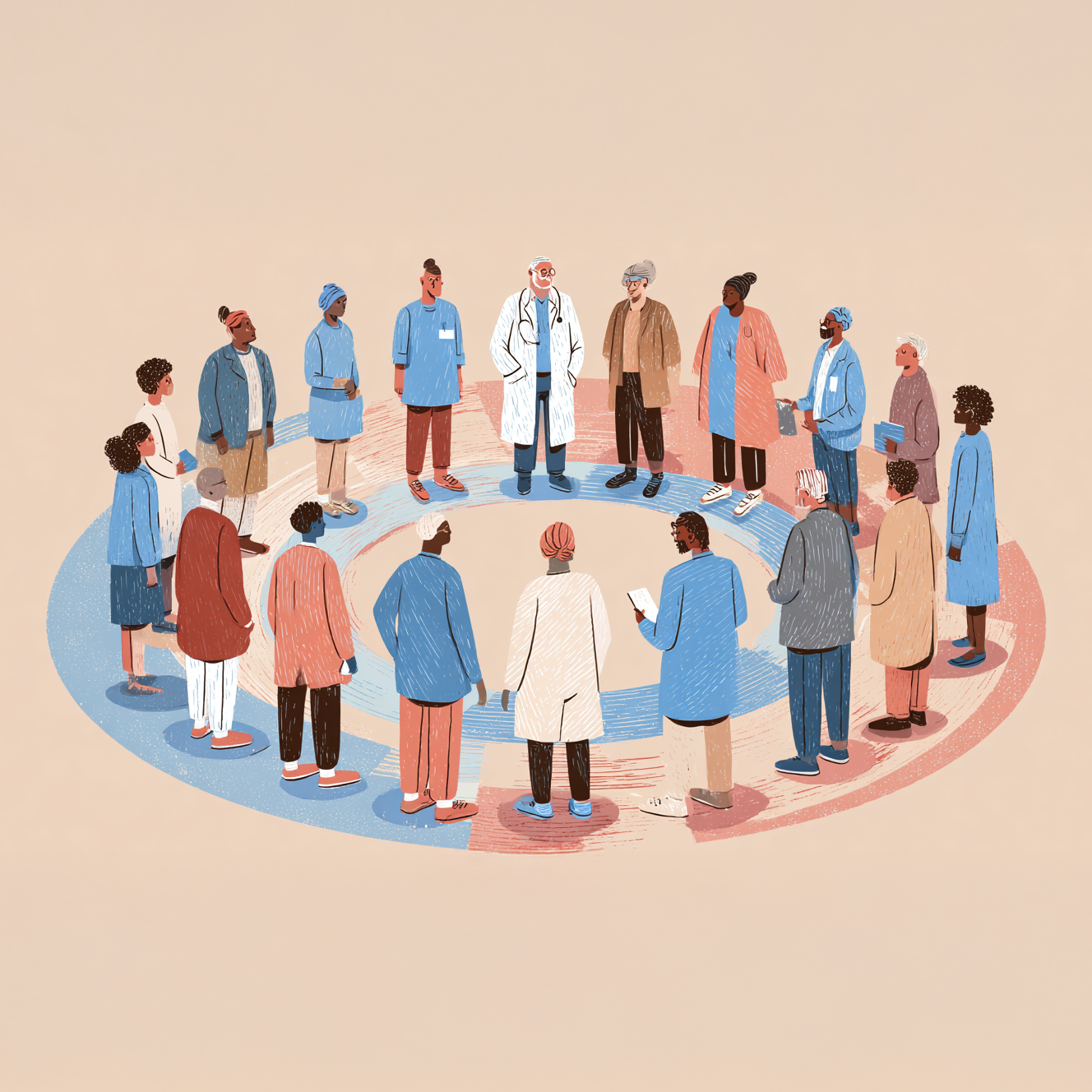
Bringing the right people together for your recovery
Our treatment practitioners are independent practitioners who bring their skills alongside each other in the treatment of your chronic pain and in supporting your work return.
Our core team is located across the city. Dr Wright consults from Beverley. David Giles (Physiotherapist) and Dr Karen Heseltine (Clinical Psychologist) consult in Gawler, and Karen also consults at Evandale. Michael Craig (Clinical Psychologist) and Bret Prew (Physiotherapist) are in Kent Town, and Bret also consults at Dover Gardens. Occupational therapists provide home visits.
We offer country outreach and will join with your local practitioners whenever we can. We work closely with country physiotherapists Laura Crowe-Owen in Mount Gambier, and Clive Munzberg in Port Pirie. Physiotherapist Matt Ash and Clinical Psychologist Annie Hopkins work in close association in Mt Barker. When we need a particular specialist for example a hand therapist or psychiatrist, we will find someone suitable.
Meet Our Pain Practitioners
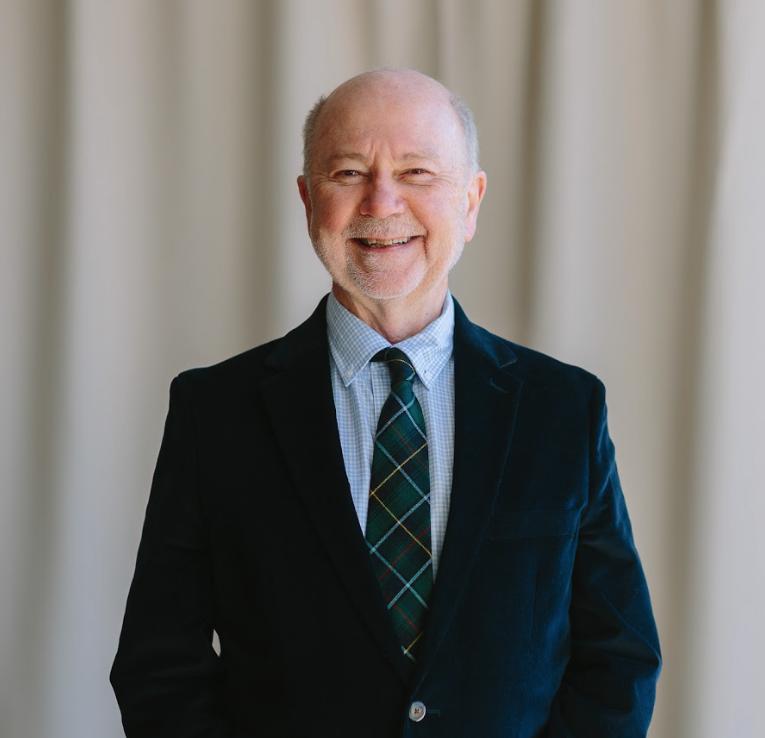



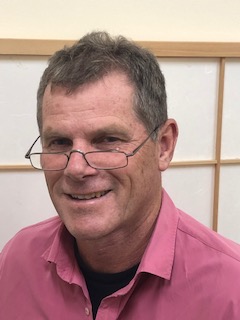


Talk to your GP about referral
If you have persistent pain and disability after a workplace injury, and have a referral from your GP or specialist, we are available to help. We will support you with clear information, individualised care, and a structured path forward.
